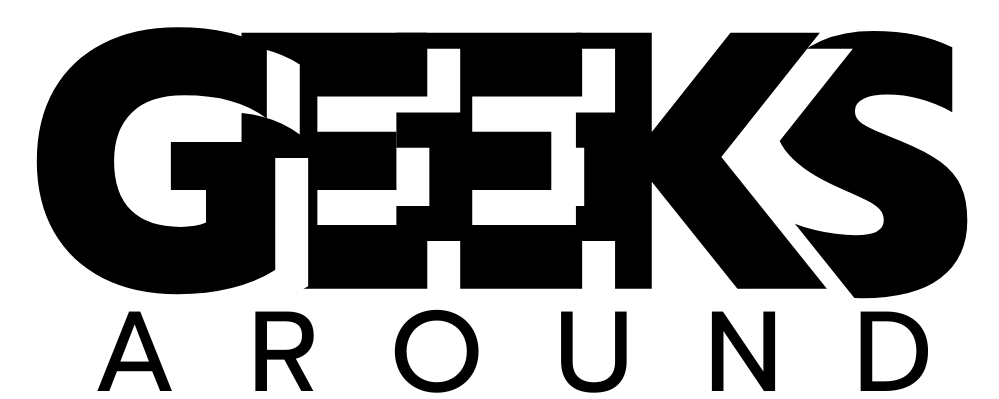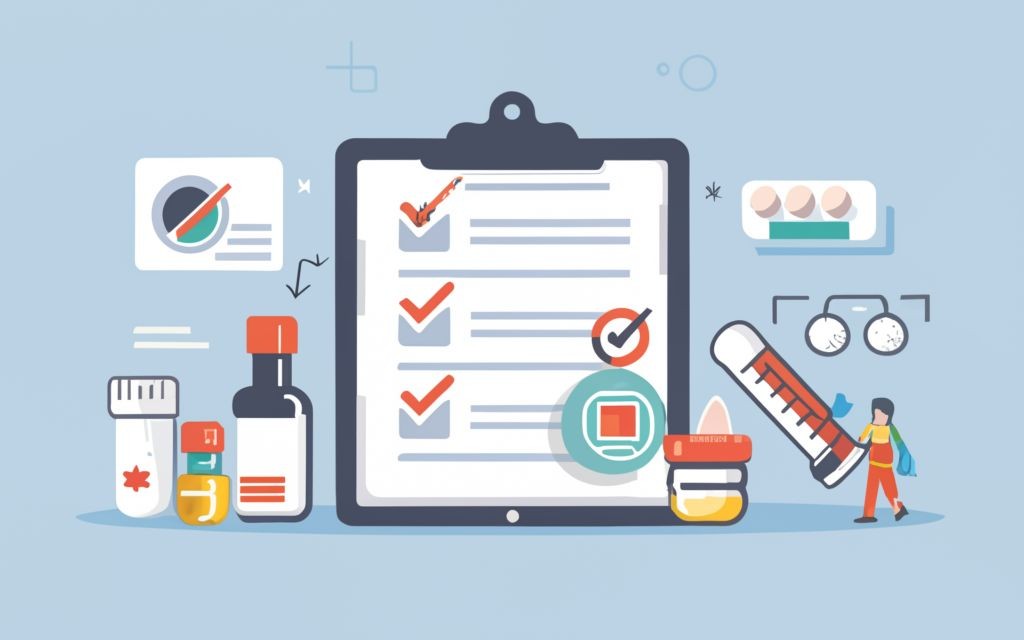Inventory Software for Pharmaceuticals and Healthcare: Streamlining Operations and Ensuring Compliance
The pharmaceutical and healthcare industries face unique challenges when it comes to inventory management. With the critical nature of the products involved—ranging from life-saving medications to medical equipment—it’s essential that businesses in these sectors maintain strict control over their inventory. Traditional inventory management methods often lead to inefficiencies, errors, and regulatory non-compliance. That’s where inventory software for pharmaceuticals and healthcare comes into play, offering a more efficient, accurate, and compliant solution.
In this article, we will explore how inventory software designed specifically for pharmaceuticals and healthcare can streamline operations, enhance inventory accuracy, and help organizations stay compliant with industry regulations.
What is Inventory Software for Pharmaceuticals and Healthcare?
Inventory software for pharmaceuticals and healthcare is designed to address the unique needs of businesses in these sectors. This software helps track and manage medical supplies, medications, and medical equipment in real time, ensuring that businesses can efficiently monitor stock levels, avoid stockouts, and comply with stringent regulations.
The software can be used by pharmacies, hospitals, clinics, medical supply distributors, and pharmaceutical manufacturers to optimize their inventory management processes. By automating routine tasks and providing real-time insights into inventory, this software can improve decision-making, reduce errors, and ensure that healthcare providers always have the right products available when needed.
Key Features of Inventory Software for Pharmaceuticals and Healthcare
1. Real-Time Inventory Tracking
Inventory software for pharmaceuticals and healthcare enables real-time tracking of medications and supplies, ensuring that businesses always have an accurate view of their inventory. This helps avoid stockouts, which can be critical in healthcare settings where patients rely on timely access to medications and medical equipment.
2. Batch and Expiry Date Tracking
For pharmaceutical and healthcare products, tracking the batch number and expiry dates is essential. The software can automatically track the expiration dates of medications and alert staff when products are nearing expiration. This ensures that expired medications are not used, reducing the risk of administering ineffective or dangerous products.
3. Regulatory Compliance
Healthcare and pharmaceutical businesses are required to adhere to strict regulations, including those set by the Food and Drug Administration (FDA), the Drug Enforcement Administration (DEA), and other local regulatory bodies. Inventory software helps ensure compliance by maintaining accurate records of inventory movements, product handling, and reporting. The software also facilitates audits by providing traceability of products from suppliers to end-users.
4. Automated Replenishment
Automated replenishment is a critical feature of inventory software. This feature ensures that stock levels are monitored continuously, and orders are automatically placed when stock reaches predefined minimum levels. This helps avoid stockouts and ensures that critical medications and supplies are always available when needed.
5. Lot and Serial Number Tracking
Lot and serial number tracking is a crucial aspect of inventory management in the pharmaceutical and healthcare sectors. The software enables businesses to track the movement of each individual unit of medication or equipment from the supplier to the end-user. This is important for recalls and ensures that products are distributed correctly.
6. Integration with Healthcare Systems
Many inventory software solutions for healthcare integrate with existing healthcare systems such as Electronic Health Records (EHR) and Pharmacy Management Systems. This integration ensures that inventory data is synchronized across all platforms, streamlining the workflow and improving overall efficiency.
7. Inventory Forecasting
Pharmaceutical and healthcare businesses often face fluctuations in demand due to seasonal trends, disease outbreaks, or changing patient needs. Inventory forecasting features within the software help predict future demand based on historical data, ensuring that businesses can maintain optimal inventory levels and avoid both overstocking and stockouts.
8. Reporting and Analytics
Comprehensive reporting and analytics are essential for businesses to evaluate their inventory management practices. Inventory software provides detailed reports on stock levels, expiry dates, sales trends, and supplier performance. This data enables businesses to make more informed decisions about inventory purchasing, sales strategies, and supply chain management.
Benefits of Inventory Software for Pharmaceuticals and Healthcare
1. Improved Accuracy
Manual inventory tracking is prone to errors, especially in the complex healthcare and pharmaceutical environments where products can be similar in appearance but different in strength or dosage. Inventory software minimizes human error by automating data entry and providing real-time updates on stock levels, ensuring that businesses always have accurate inventory data.
2. Enhanced Efficiency
By automating routine tasks such as stock tracking, order management, and reporting, inventory software significantly improves operational efficiency. Healthcare providers can focus on patient care rather than spending time on manual inventory management tasks, leading to faster and more streamlined operations.
3. Regulatory Compliance
The pharmaceutical and healthcare sectors are subject to stringent regulatory requirements. Inventory software helps businesses comply with these regulations by tracking product movements, ensuring proper documentation, and maintaining records that can be easily audited. This reduces the risk of non-compliance penalties and ensures patient safety.
4. Cost Savings
Automated inventory management can help healthcare and pharmaceutical businesses reduce costs by optimizing stock levels. With real-time inventory data, businesses can avoid overstocking, which ties up capital, and prevent stockouts that could lead to lost sales or the need to pay premium prices for rush orders.
5. Better Decision-Making
With real-time data, analytics, and forecasting tools, inventory software empowers healthcare organizations to make more informed decisions about inventory purchasing, product placement, and supplier relationships. This leads to better resource allocation, improved service levels, and more efficient use of resources.
6. Improved Patient Care
With automated inventory software, healthcare providers are better equipped to ensure that essential medications and medical supplies are always available when needed. This contributes to better patient outcomes, as healthcare professionals have immediate access to the tools and medications required for treatment.
7. Better Supply Chain Management
Pharmaceutical and healthcare organizations depend on a reliable supply chain to deliver products on time. Inventory software provides transparency into the entire supply chain, from suppliers to end-users, ensuring smooth operations and timely deliveries.
How Inventory Software for Pharmaceuticals and Healthcare Can Transform Your Business
- Optimizing Inventory Levels
Automated inventory software helps businesses in pharmaceuticals and healthcare optimize their stock levels, preventing both overstocking and stockouts. This leads to more efficient use of storage space and better resource allocation. - Streamlining Operations
By automating inventory tracking and order replenishment, inventory software reduces the time spent on manual tasks and increases overall operational efficiency. Healthcare professionals can spend more time on patient care instead of dealing with inventory issues. - Ensuring Compliance
Maintaining regulatory compliance is crucial in the healthcare and pharmaceutical industries. Inventory software helps businesses adhere to guidelines, ensuring that products are handled and stored correctly and providing complete traceability for auditing purposes. - Improving Supplier Relationships
With detailed reporting and analytics, businesses can evaluate supplier performance and make data-driven decisions about which suppliers offer the best value. This helps strengthen relationships and ensures reliable product sourcing.
If you’re looking for a comprehensive inventory software solution for pharmaceuticals and healthcare, Axolt provides a robust platform that integrates advanced features like batch tracking, expiry date management, and real-time stock monitoring to help optimize your inventory processes and ensure regulatory compliance. Axolt’s software will streamline your operations, reduce errors, and enhance patient care, making it an essential tool for businesses in these sectors.
Conclusion
Inventory software for pharmaceuticals and healthcare is a vital tool for organizations looking to optimize their inventory management processes. By automating routine tasks, improving accuracy, ensuring regulatory compliance, and enhancing operational efficiency, inventory software helps businesses stay ahead of industry challenges. Whether you’re a pharmacy, hospital, clinic, or medical supply distributor, investing in inventory software is a smart decision that will improve your operations, reduce costs, and ultimately benefit your patients. Consider Axolt for a cutting-edge solution to meet the needs of your business and industry.







